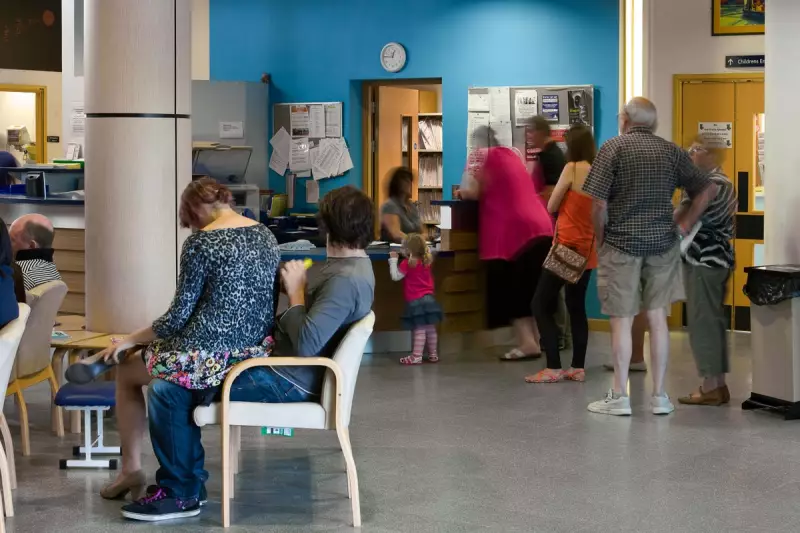
Startling new research has exposed a deepening crisis within the NHS, as patients with Attention Deficit Hyperactivity Disorder (ADHD) are being hospitalised due to a lack of proper treatment and support.
The findings, based on government-backed research, highlight systemic failures in mental health services across the UK. Experts warn that without urgent intervention, the situation could deteriorate further, placing additional strain on already overburdened hospitals.
The Human Cost of NHS Failures
According to the study, many ADHD patients are reaching crisis point before receiving adequate care, often ending up in hospital as their condition deteriorates. This not only affects their quality of life but also places unnecessary pressure on emergency services.
Dr Sarah Wilkinson, a leading psychiatrist specialising in neurodevelopmental disorders, explains: "What we're seeing is a perfect storm of underfunding, long waiting lists, and a lack of specialist services. Patients who could be managed in the community are instead reaching crisis point."
Government Response Under Scrutiny
The research has prompted calls for immediate action from policymakers. Mental health charities are demanding:
- Increased funding for ADHD diagnosis and treatment
- Better training for GPs in recognising ADHD symptoms
- Expansion of community-based mental health services
- Reduced waiting times for specialist assessments
A Department of Health and Social Care spokesperson stated: "We recognise the challenges in ADHD services and are working to improve access to treatment through our NHS Long Term Plan."
The Wider Impact on Mental Health Services
This crisis comes amid growing concerns about mental health provision across the NHS. With rising demand and limited resources, experts fear other vulnerable groups may face similar challenges unless systemic issues are addressed.
As the debate continues, patients and families affected by ADHD are left waiting for meaningful change in a system that appears to be failing those who need it most.





